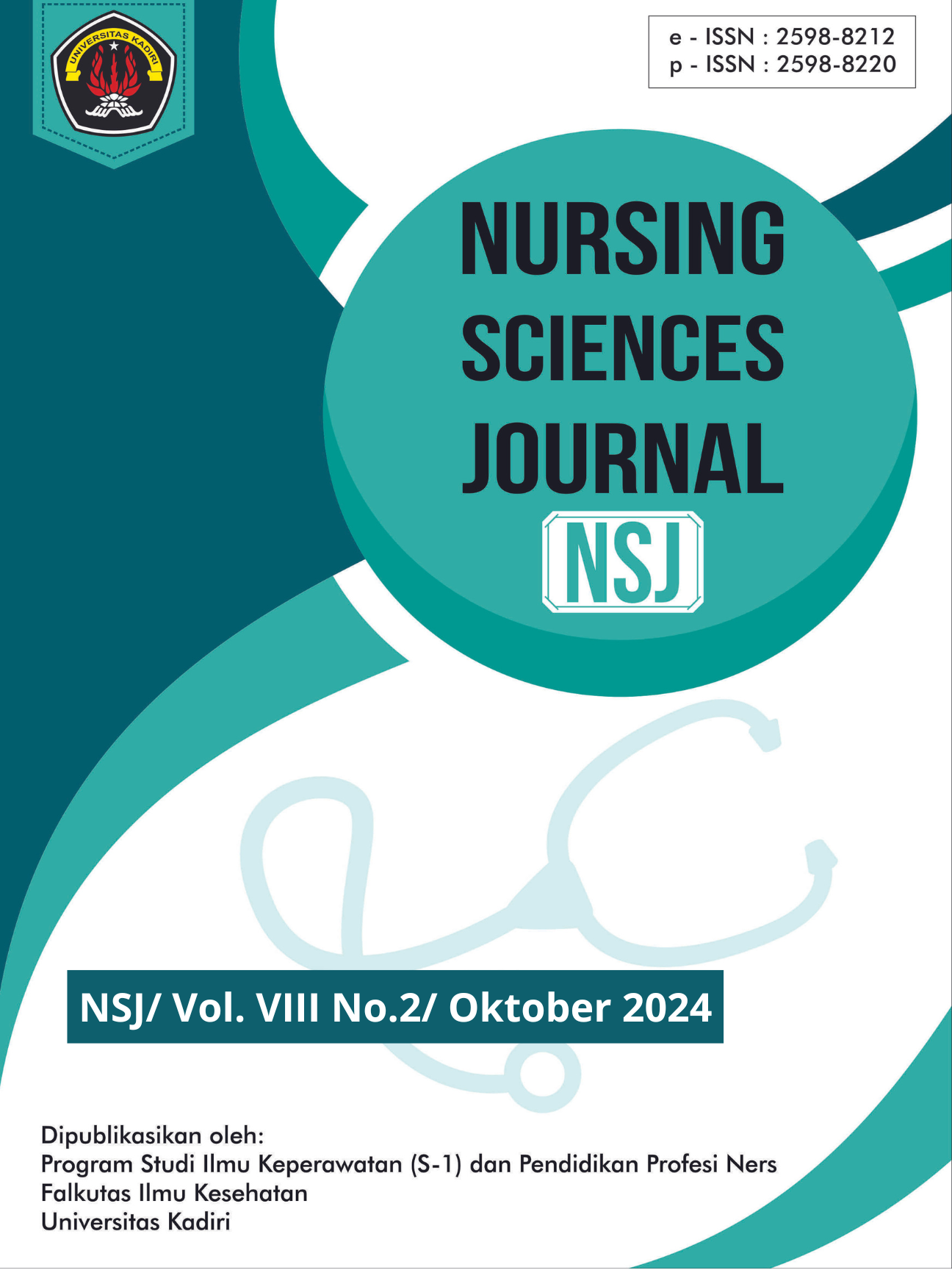Main Article Content
Abstract
Stunting is a common health issue faced by toddlers in Indonesia, influenced by inadequate nutritional intake. Mothers, as the primary caregivers, play a crucial role in ensuring the nutritional adequacy of their children; however, their lack of nutritional knowledge often hinders efforts to prevent stunting. Self-efficacy, or a mother's confidence in her ability to prevent stunting, can be improved through nutritional education. This study aims to assess the impact of nutritional education on increasing mothers' self-efficacy in stunting prevention among toddlers.
The study used a pre-experimental design with a one-group pre-test post-test approach. The respondents consisted of 31 mothers with children aged 6-24 months, selected purposively. The intervention was in the form of nutritional education. Self-efficacy was measured before and after the education using a questionnaire. Data were analyzed using the Wilcoxon test.
The results showed a significant increase in mothers' self-efficacy after receiving nutritional education (p < 0.000), indicating a significant difference in self-efficacy levels before and after the nutritional education intervention. Nutritional education was found to be effective in improving mothers' self-efficacy related to stunting prevention in toddlers. Sustainable nutritional education programs need to be implemented to help mothers ensure their children's nutritional adequacy.
Article Details
Deprecated: json_decode(): Passing null to parameter #1 ($json) of type string is deprecated in /home/ojs.unik-kediri.ac.id/public_html/plugins/generic/citations/CitationsPlugin.php on line 68
